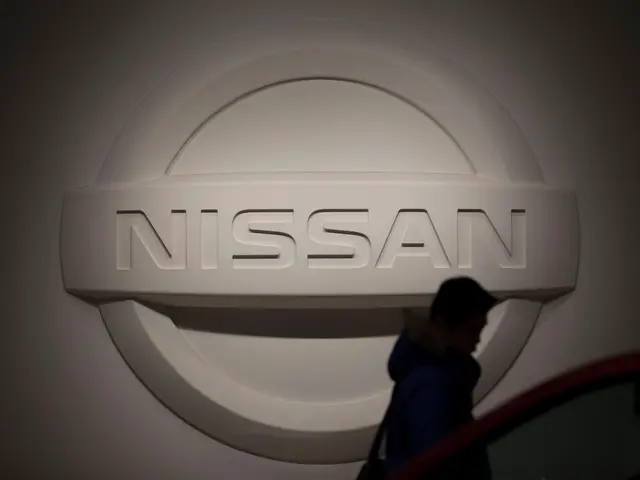The Japanese government and prosecutors on Thursday refuted allegations made by former Nissan Motor Co. chief Carlos Ghosn in his first press conference after jumping bail and fleeing from Japan to Lebanon, that Japan's judicial system was unjust.
Ghosn, who is facing charges of financial misconduct and was awaiting trial in Tokyo, fled to Lebanon in late December.
During his first press conference on Wednesday in Beirut beamed live around the world, the ex-auto tycoon maintained his decision to jump bail and take flight from Japan was to clear his name, claiming that all allegations made against him were false.
"I am here to clear my name. These allegations are untrue, and I should have never been arrested in the first place. The allegations are baseless," the 65-year-old said, adding that he would not receive a fair trial in Japan.
"I did not escape justice. I fled injustice and persecution, political persecution." He also stated he was "ready to stand trial anywhere if I can have a fair trial."
But, Japanese Justice Minister Masako Mori said Ghosn's comments were baseless, and refuted his claims that he was subjected to "hostage justice" and a judicial process that infringed on his human rights.
Ghosn's comments were "abstract, unclear or baseless assertions," Mori said.
She added that Ghosn claiming he was subjected to extremely harsh interrogation methods, faced a deliberately lengthy judicial process and was forcibly isolated from his wife, while on bail, did not justify his escape from Japan.
"Those assertions will not justify his flight from Japan in any way. If defendant Ghosn has anything to say on his criminal case, he should make his argument at a Japanese court and present concrete evidence," said Mori.
She went on to say that the justice system in Japan "sets out appropriate procedures and is administered properly, and does not bar a person from seeing an individual unless there is a flight risk or danger of evidence being destroyed or concealed."
Ghosn's claims that his arrest more than a year ago by Tokyo prosecutors was politically motivated and part of a conspiracy against him, were also rejected by Mori, who said in a statement "there is no way that the prosecutors would take part in any kind of conspiracy of any interest groups and investigate a matter that has not reached a threshold."
Japan's top government spokesperson Chief Cabinet Secretary Yoshihide Suga also maintained Japan's judicial system was fair, appropriate and respected basic human rights.
Following Japan requesting an Interpol warrant for Ghosn's alleged financial misconduct, prosecutors in Lebanon imposed a travel ban on the former auto bigwig, although Ghosn said in his press conference he was ready to stay in Lebanon for "a long time" and continue to fight to restore his "tarnished" reputation.
On his choice to flee Japan to Lebanon, one of the prosecutors here involved in the case took aim at his choice of destination.
"If he is innocent and thinks countries other than Japan are fairer, why didn't he go to the United States or France?" the prosecutor quizzed, intimating that he may receive preferential treatment in Lebanon as he is highly regarded in both political and business circles there.
Ghosn, who holds Brazilian, French and Lebanese nationality, is believed to have left from Kansai International Airport in Osaka on a private jet on Dec. 29, traveling to Lebanon via Turkey.
Sources close to the matter have said that immigration here have no record of Ghosn leaving Japan.
It has been reported that he managed to flee Japan with the assistance of a security company and was in possession of a French passport.
Prosecutors and police here remain flummoxed and have been scrambling to try and determine exactly how Ghosn managed to fund and carry out the costly escape while under strict bail conditions limiting his access to phones, computers and mandating he stay in a surveilled residence.
The Tokyo District Court, meanwhile, has since decided it will forfeit the 1.5-billion-yen (14 million U.S. dollar) bail money posted by Ghosn.
Japan has been seeking cooperation from Lebanon in trying to better understand Ghosn's escape from Japan.
Japan and Lebanon have no extradition treaty, meaning Ghosn cannot be handed over to Japan to face trail without Lebanon agreeing.
 简体中文
简体中文

